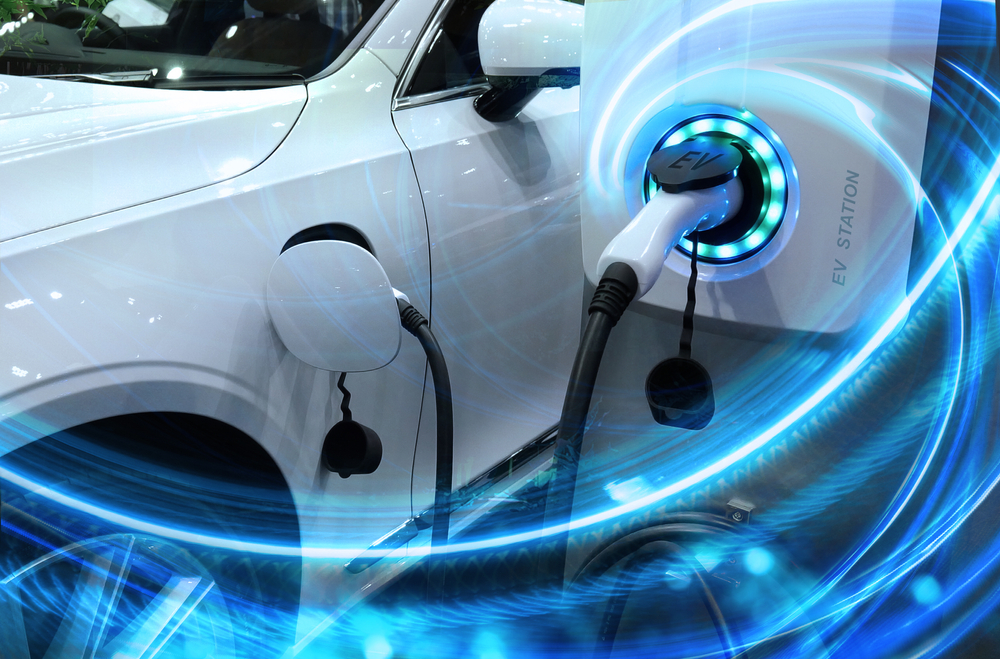Blog

Alternative Fuels and the Challenges of Electric Vehicles
Right now, it could well be argued that searching for alternative fuel for automobiles is a task of the past. The great shift we see now is away from expendable fuel of any kind and towards the full electrification of cars. Nearly every car company has now committed itself to ending the production of gas-powered vehicles by some time in the 2030s– and if every car is going to run on a battery by that date, then what’s the point of searching for other alternative fuels to replace gasoline?
Well, as it happens, there actually has been quite a significant amount of research into potential fuel alternatives for cars – from hydrogen to nitrogen and even plain air, there have been quite a few touted alternatives. But why are such things being researched when the eventual total domination of battery power seems to be just around the corner?
A Slow Transition
As it happens, battery power as a seamless replacement for gas in cars is not a foregone conclusion. With the massive increase in car battery production – not least by Elon Musk’s Tesla and its commitment to more massive battery factories – there have been a few unexpected challenges springing up.While it is true that many of these challenges have also led to the creation of workable solutions, and several plans laid out about how to continue into a world where everybody is driving an electric car, the questions are all far from settled. These challenges can be roughly grouped into a few categories, namely production challenges, environmental challenges, and geopolitical challenges.
But before outlining what those are, it is worth considering that personal and family cars are far from the only vehicles and machines that make use of petrol or diesel. There are also larger vehicles like trucks and specialist emergency vehicles, which have been much slower to transition to electric power. A lot of machinery within industrial settings also require gas to operate efficiently and, while electrification has been a little more successful in this department, we are still far from being able to power all industrial machinery with electric batteries.
Indeed, while the transition to battery power might seem assured when it comes to cars, other gas-powered vehicles and machinery has slowed down the touted transition significantly. This is just one of the reasons why many are keeping alternative fuels open as a practical possibility for the future.
Possible Problems with Battery Cars
But, to return to cars, what are the problems standing in the way of total worldwide electrification? Here follows some of the major ones, grouped into the aforementioned categories:Production Problems
The problems regarding the production of car batteries are perhaps the easiest to instantly understand. To put it in the simplest way, we are going to need to produce a lot of car batteries to power a world where everybody drives an electric car. And to achieve this goal, we are going to have to produce a lot more than we currently are. And the precise means by which that is to be achieved is far from clear.Electric car batteries are, most essentially, a large system of connected lithium-ion cells. As it happens, these are expensive and energy-intensive to produce. Lithium mining is an expensive process (and we need a lot of lithium) and the production in the factory of these batteries is a highly specialised and expensive process. To see the crux of the matter, consider that our current production levels of lithium-ion car batteries is nowhere near enough to provide for the electric revolution planned for the 2030s.
Environmental Problems
Lithium mining and lithium-ion battery production are not particularly environmentally friendly processes. In fact, they are not environmentally friendly at all – and nor are they sustainable. Lithium mining is a large operation which has already been seen to cause considerable ecological damage wherever it is carried out. There have been some touted solutions, such as alternative lithium extraction methods that rely on geothermal springs, but these are still far from being scaled up enough to solve the problem.And when it comes to the factory production of lithium-ion batteries, this too is energy intensive and unsustainable. Furthermore, lithium-ion batteries are difficult to sustainably dispose of and the waste that could be produced by an entire world with electric cars would be considerable.



Comments